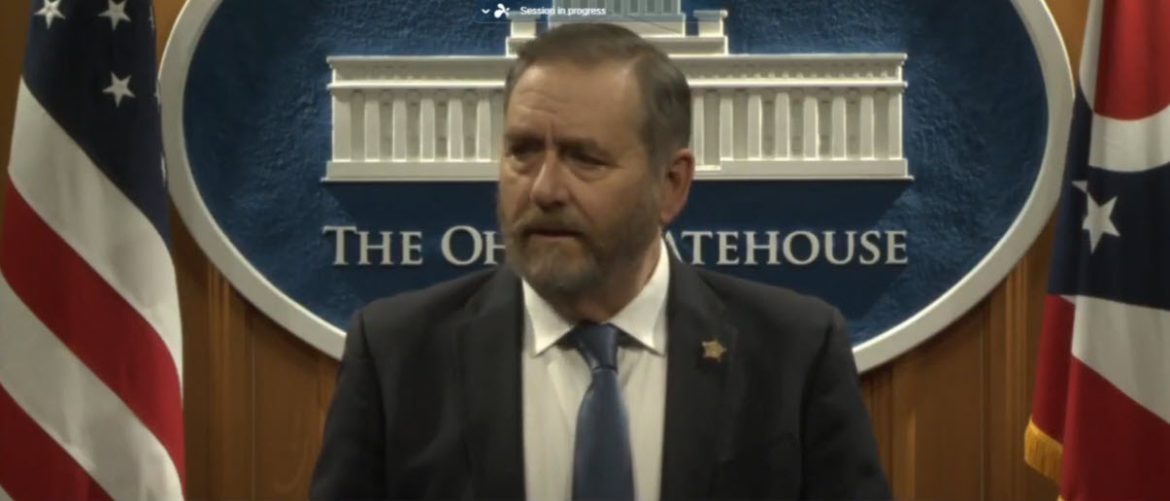In a significant development, Ohio lawmakers are pushing for changes to the state’s execution laws with a proposed bill that aims to criminalize the dissemination of information about state executions. The controversial “Death Bill” has sparked debates on transparency, accountability, and the right to access information surrounding capital punishment.
The proposed legislation comes at a time when the death penalty remains a contentious issue nationwide, with ongoing discussions about its ethical implications, efficacy, and potential for wrongful convictions. Ohio’s move to limit the flow of information related to executions adds a new layer to the broader discourse on capital punishment.
If the “Death Bill” is enacted, individuals providing or sharing details about state executions could face criminal charges. Lawmakers argue that restricting information on executions is essential for maintaining the integrity of the justice system and ensuring that the process unfolds without interference or public pressure.
Proponents of the bill contend that limiting the dissemination of execution-related information is in the interest of protecting the privacy of those involved in the process, including the identities of execution team members. They argue that such measures are necessary to prevent potential harassment or intimidation.
Critics, on the other hand, argue that the proposed legislation raises serious concerns about transparency and accountability in the criminal justice system. Restrictions on information could hinder the public’s ability to scrutinize and question the methods and fairness of executions. Advocates for transparency assert that citizens have a right to be informed about the actions of their government, particularly when it involves matters as grave as the death penalty.
The “Death Bill” has ignited discussions among legal experts, human rights organizations, and advocates on both sides of the death penalty debate. Some argue that the proposed legislation may infringe upon First Amendment rights, raising constitutional questions about the right to free speech and access to information.
As Ohio grapples with the potential changes to its execution laws, the broader implications of the “Death Bill” reverberate across the country, prompting a reexamination of the balance between government secrecy and the public’s right to know in matters of life and death.



